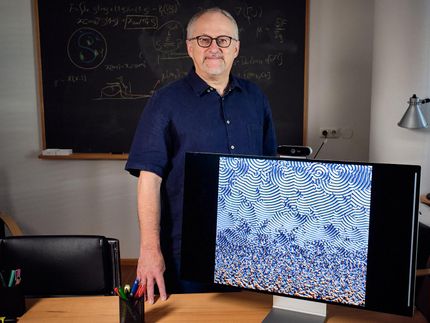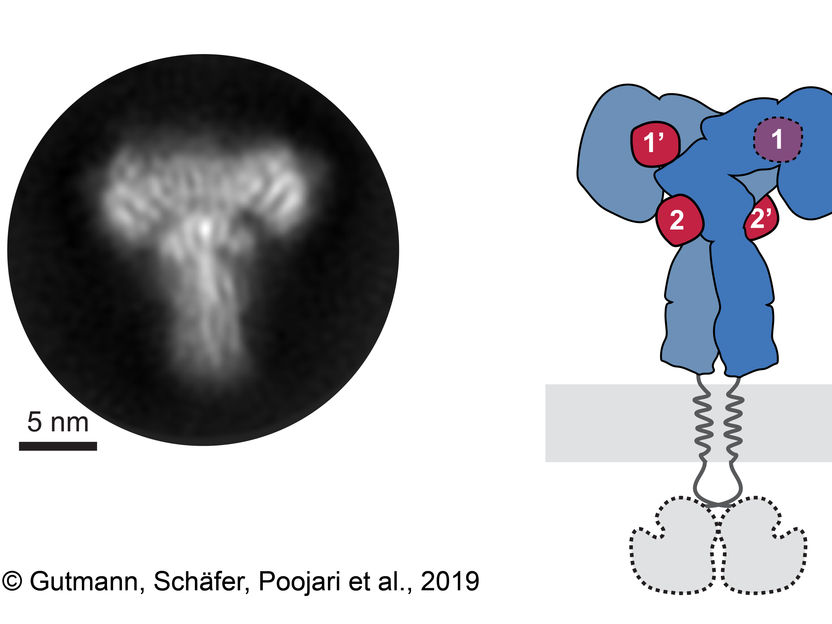VIB and UGent researchers identify key mechanisms of cell division in plants
New technology can be applied to boost crop yields
Advertisement
Scientists from VIB and Ghent University have developed a technology that may contribute to the increase of crop yields in agriculture. The technology platform based on ‘Tandem Affinity Purification (TAP)’ was developed to map the basic machinery of cell division in plants much faster than possible with existing techniques. The results of the research, which are published in the prestigious scientific journal Molecular systems biology, were obtained through close collaboration with researchers from the University of Antwerp. In the future, this new platform might prove to be an important tool in plant research.
As a result of the worldwide growing population, the output of agricultural crops has to double by 2050. To address this challenge, the world needs new varieties of plants, with higher yield per hectare than current varieties. “The major driving force behind plant growth is cell division,” says Geert De Jaeger, group leader at VIB and Ghent University. “If you understand the machinery that governs this process, you have the key to increase agricultural yield.”
The research, which took four years and more than 300 experiments to complete, was conducted by Jelle Van Leene and colleagues from De Jaeger’s team, together with Erwin Witters of the University of Antwerp. The researchers have now published the complete map of the machinery behind cell division in the model plant Arabidopsis thaliana. During their experiments, the researchers discovered more than 100 new proteins involved in the process.
Many proteins with an essential role in the cell cycle of plants have been revealed by the global sequencing projects of recent years. Until now, little was known about the interactions between these proteins, the actual core of the machinery. The newly developed ‘Tandem Affinity Purification (TAP) Platform’ allows researchers to quickly unravel the interactions between the proteins involved. TAP requires a multidisciplinary approach, combining transgenic technology, protein purification, mass spectrometry and bioinformatics.
Other news from the department science
Most read news
More news from our other portals
See the theme worlds for related content
Topic World Mass Spectrometry
Mass spectrometry enables us to detect and identify molecules and reveal their structure. Whether in chemistry, biochemistry or forensics - mass spectrometry opens up unexpected insights into the composition of our world. Immerse yourself in the fascinating world of mass spectrometry!

Topic World Mass Spectrometry
Mass spectrometry enables us to detect and identify molecules and reveal their structure. Whether in chemistry, biochemistry or forensics - mass spectrometry opens up unexpected insights into the composition of our world. Immerse yourself in the fascinating world of mass spectrometry!


























































